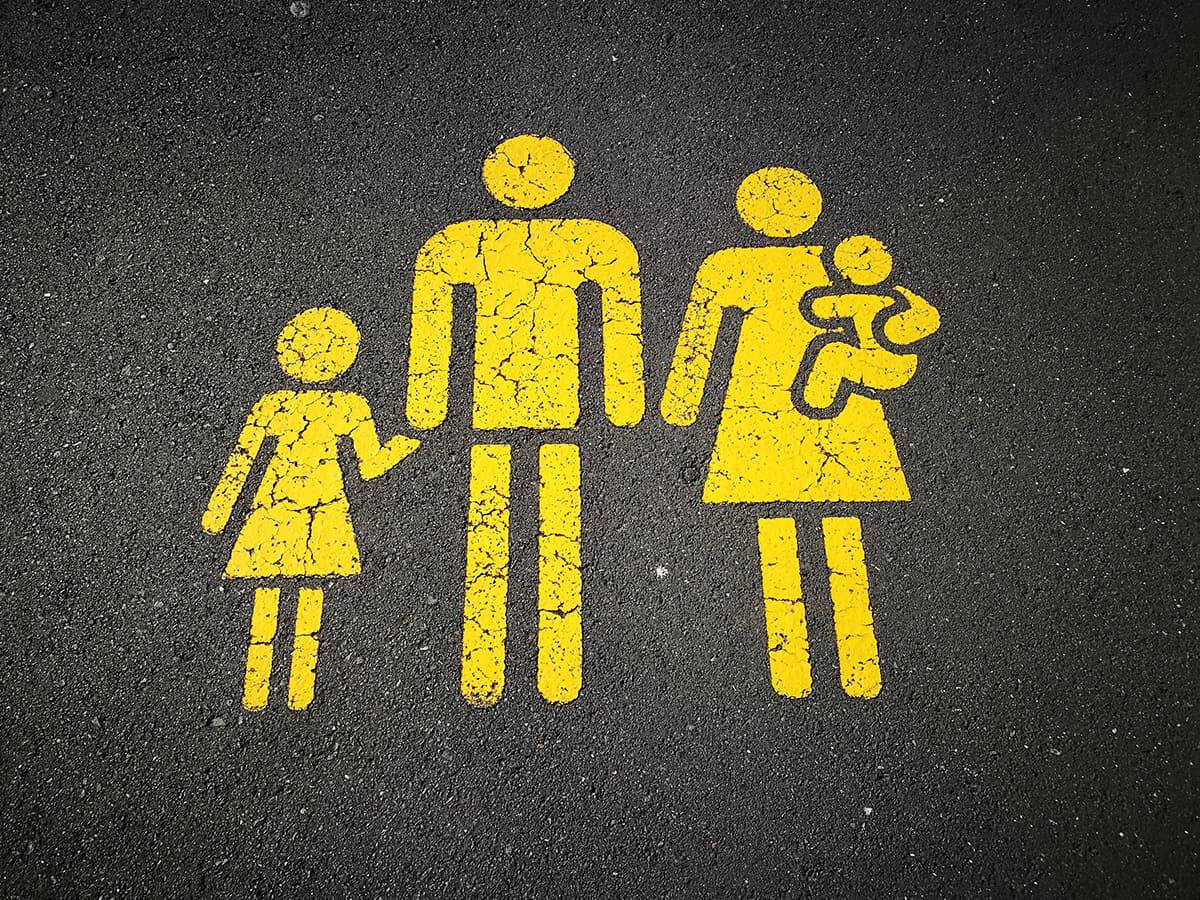We may not be able to witness gender gap equality for another 100 years at least, according to the findings of the Global Gender Gap Report 2020.
The report benchmarks 153 countries and evaluates progress based on four dimension-Economic Participation and Opportunity, Educational Attainment, Health and Survival and Political Empowerment.
According to the report, the overall situation has improved because of greater political representation for women but it’s definitely way lesser than what we need and should get.
“Drilling down into the facts and figures, it will take 95 years to close the gender gap in political representation, with women in 2019 holding 25.2% of parliamentary (lower-house) seats and 21.2% of ministerial positions,” the report states.
While some areas like education and health show progress, others such as economic participation and opportunity and political participation are lagging behind.
35 countries have achieved gender equality in education whereas 48 have achieved near-full equality in terms of health and survival.
The report mentioned that “on average, just over half of all adult women are in the labor market, compared to 78% of men.”
The gender gap in political representation is also lagging – no country has fully closed this gap, and globally, it will take an estimated 95 years to reach equality.
Western Europe has the smallest gender gap and the regions that rank the lowest include Asia-Pacific, the Middle East and Africa. The top country for gender parity remained Iceland for the 11th year running.
The situation seems particularly bad in India which ranks 112th on the Global Index. Only about 25% of Indian women participate in the labour market, compared to 82% of men, one of the lowest in the world. Estimated income of women as compared to men is the also the lowest in India.
As a result of the skewed sex ratio, India ranks 150th on the Health and Survival sub-index. Violence, forced marriage and discrimination in access to health are concerning factors. Even though the literacy gap has been narrowing, only two-thirds of women are literate as compared to 82% of men.
This year’s reports highlights what we need to focus to achieve gender parity. Political and economic representation is a pressing need. In order to progress, it is crucial for half of the population to get equal representation and opportunities. There’s also a need to change the social and cultural attitude towards household and care duties in order to balance it.

